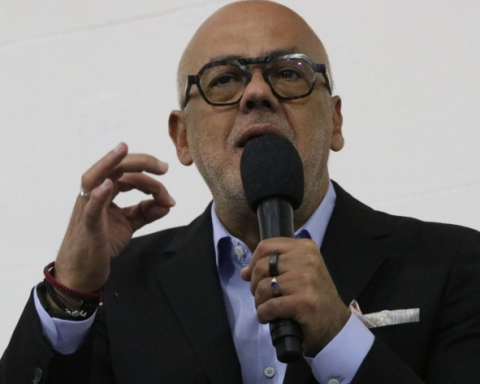As a way to expand the presence of black people in leadership positions, the federal government will implement a program that reserves up to 30% of vacancies in commission positions and positions of trust in the structure of the Executive Branch, including direct administration, autarchies and foundations.
The decree establishing the measure was signed by President Luiz Inácio Lula da Silva, this Tuesday (21), in a ceremony at the Planalto Palace alluding to the International Day of Struggle for the Elimination of Racial Discrimination.
“Despite being the second largest black nation on the planet [depois da Nigéria], Brazil has not yet come to terms with the past of 350 years of slavery. Despite all the efforts and advances, this country still has an immense historical debt to redeem,” Lula said in a speech after signing the decree.
The president recalled that the Lei Áurea, which abolished formal slavery in the country in 1888, took the population out of the confinement of the slave quarters to the confinement of the worst social statistics to date. “Housing, employment, education, health, public safety. Whatever the indicator, men and, especially, black women are always the most excluded”, he highlighted.
Quotas will be for Executive Commissioned Positions (CCE), which are freely appointed, and Executive Commissioned Functions (FCE), which are also freely appointed, but exclusive to civil servants. According to the government, the decree establishes a deadline of until December 31, 2026 for the federal public administration to reach the minimum percentages of stipulated reservation of vacancies.
“We will take this unprecedented step that will go down in history. Black men and women at the top of the implementation of public policies in the federal government, a new horizon for a new page of this administration”, said the Minister of Racial Equality, Anielle Franco, in emotional speech when announcing the measure.
The Ministries of Management and Innovation in Public Services (MGI) and Racial Equality (MIR) must establish intermediate targets for each group of CCE and FCE levels stipulated by the decree. The folders must also establish specific goals for each body. The norm also determines the observance of gender parity in the occupation of these positions.
working groups
At the ceremony, minister Anielle Franco announced the creation of three inter-ministerial working groups. One will act in the structuring of the new Juventude Negra Viva program, which involves an articulation of actions from several ministries to promote opportunities for youth to develop in safety, health and education.
The other working group from the Racial Equality portfolio, with support from the Ministry of Culture, will develop policies to safeguard and promote the African memory and heritage at the Archaeological Site of Cais do Valongo, in Rio de Janeiro. The Valongo Market was the main warehouse for the trade of enslaved Africans from the Americas during the colonial period. A third working group will propose measures to combat religious racism against religions of African origin in the country.
















